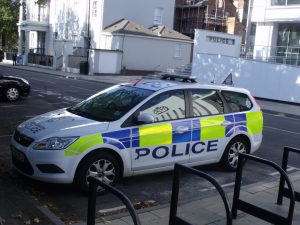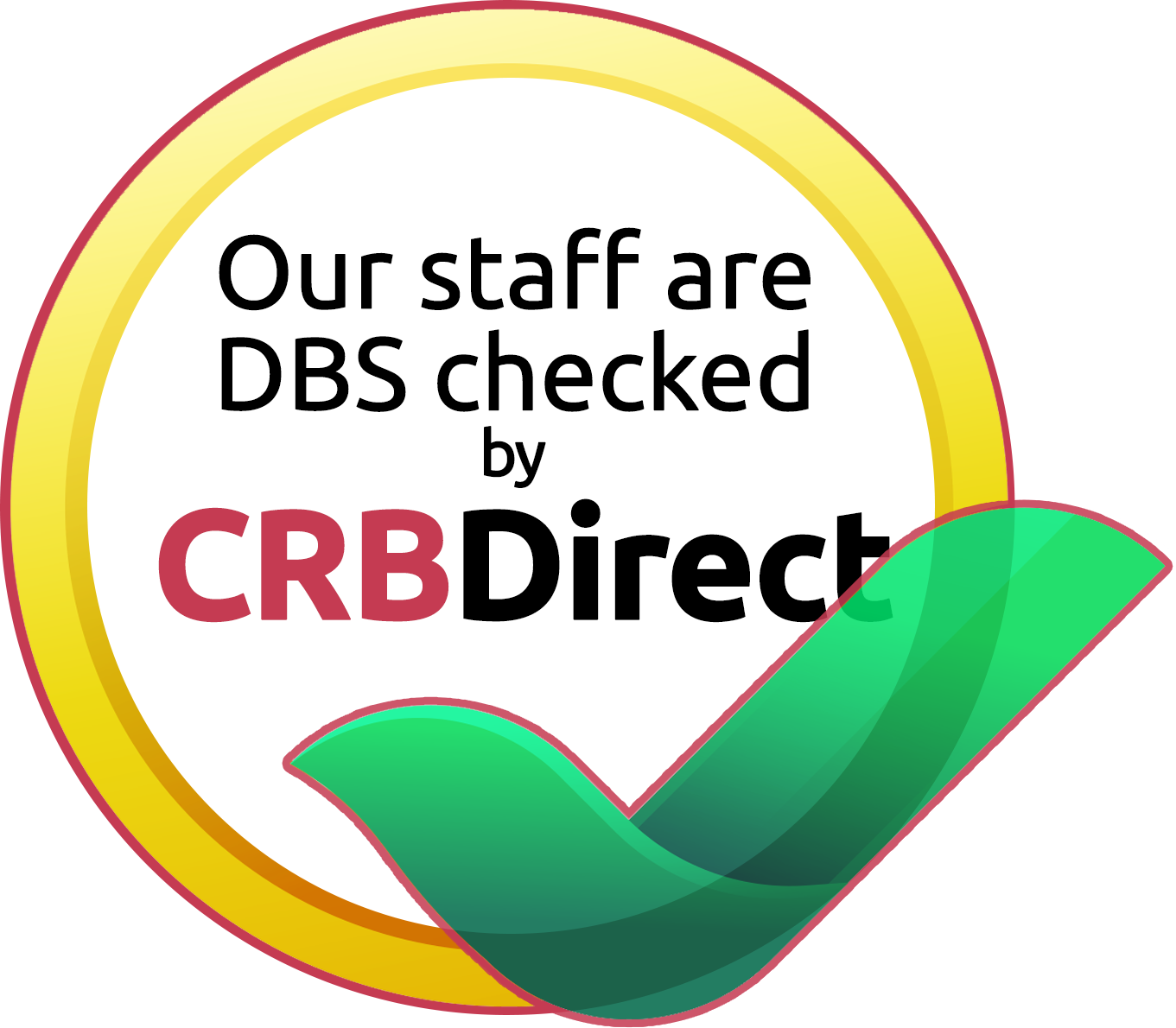Most of us are aware that when we apply for a DBS check, you’ll see details of your past criminal convictions and cautions. The level of detail on the certificate depends on the type of disclosure you have applied for. For the most detailed level of disclosure check, the police have the ability to include on the certificate any other information which they think is relevant. One controversial category of information is harassment warnings. These are often issued to people accused of harassing and stalking. However, some police forces have found them so controversial, that they’ve stopped using them.
Harassment Warning – A Definition
 Harassment warnings might also be called Police Information Notices (PIN). They aren’t a caution, or a conviction, and don’t mean formal legal action. A PIN is given out after accusations are made of stalking or harassment. Issuing a PIN lets the accused know that an allegation has been received by the police. It also sets out the stalking law, and lets the accused know what might happen if their behaviour continues. From the victim’s point of view, the PIN usually puts a stop to the unwanted behaviour. If the stalking continues, the police and the victim has a paper trail to use for further legal action. However, concerns over DBS checks and human rights legislation means that some police forces have stopped using them already.
Harassment warnings might also be called Police Information Notices (PIN). They aren’t a caution, or a conviction, and don’t mean formal legal action. A PIN is given out after accusations are made of stalking or harassment. Issuing a PIN lets the accused know that an allegation has been received by the police. It also sets out the stalking law, and lets the accused know what might happen if their behaviour continues. From the victim’s point of view, the PIN usually puts a stop to the unwanted behaviour. If the stalking continues, the police and the victim has a paper trail to use for further legal action. However, concerns over DBS checks and human rights legislation means that some police forces have stopped using them already.
Police Information Notices and DBS Checks
When a PIN is issued, this will be recorded on the Police National Computer. When you apply online for a DBS check, that’s the information recorded on your certificate. Police Information Notices might be disclosed on the form, even if you’ve never admitted to any offences. Police can also decide to issue a PIN without even investigating whether the allegation is true or false. So in the worst case scenario, you could be maliciously accused of something, receive a PIN, and then have to explain that away for the rest of your life when applying for DBS checks. It’s not a great situation.
Human Rights Concerns
There are also broader concerns over PINs. There is no right to appeal, which is in itself felt to be unfair. Many human rights pressure groups have stated that people being issued with a PIN should at least be given the chance to state their case. All of these concerns led to a Crown Prosecution Service recommendation that police forces stop using the notices as soon as possible.
If a PIN Appears on your DBS
If you know you’ve received a PIN in the past, then be prepared to see it on your DBS check. Some police forces might decide to filter out these sorts of notices, especially if issued a few years ago. That’s assuming the rest of your record is clear, of course. If you do know that your DBS check is going to show past offences and cautions, then the best course of action is to be open and honest with your employer. Far better that they hear it from you, than they discover it on your DBS certificate.
